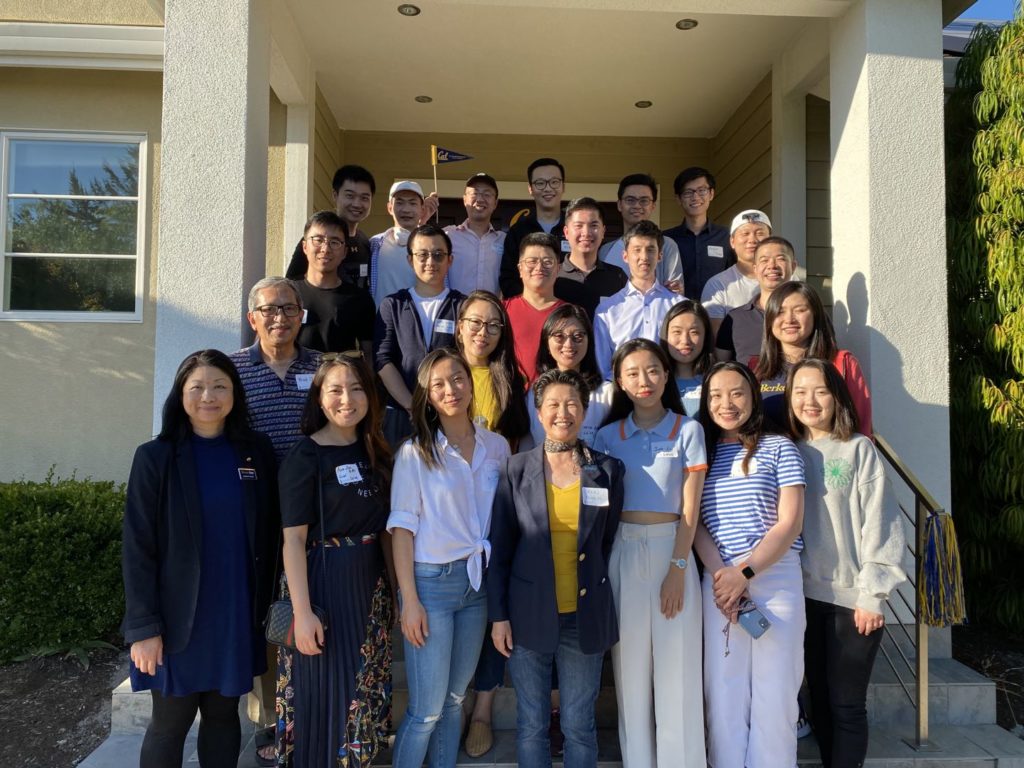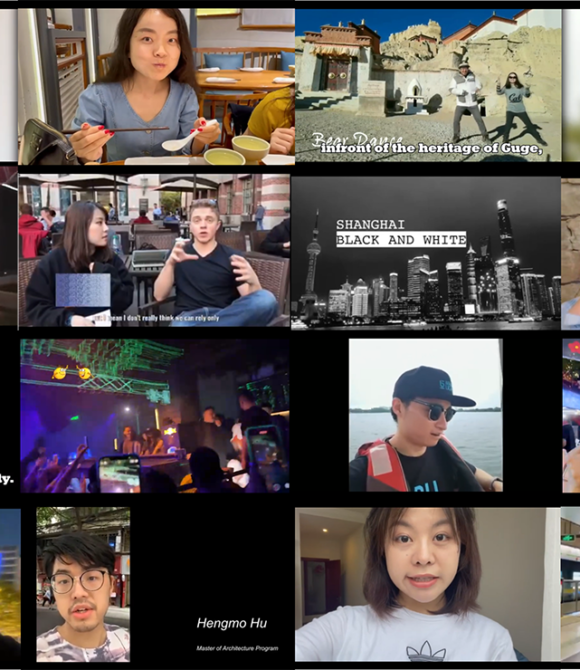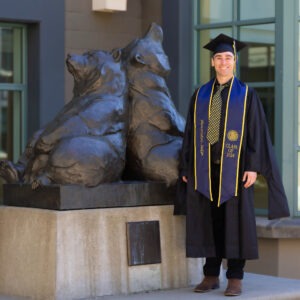
Chinese Chapter
The CAA Chinese Chapter is a descendant of the Chinese Student Club formed over 100 years ago to help ethnic Chinese students overcome social and economic barriers while attending UC Berkeley. It is one of the oldest chapters of CAA's chartered chapters. We continue to give scholarships to students and sponsor events for alumni.
The Chinese Chapter sponsors the annual Berkeley China Summit.
CAA Chinese Chapter is an official sponsor of the Berkeley China Summit (BCS), an annual conference held at UC Berkeley every fall with the mission to highlight Berkeley’s strengths and to encourage bilateral discussion and collaboration between US and China. Organized and sponsored by official UC Berkeley alumni and student organizations since 2016, BCS is dedicated to connecting Chinese and American businesses and investors with the technology, engineering, and business innovation expertise on UC Berkeley campus and across the Bay Area.
For more details, please see the official website:
Berkley China Summit (BCS) 伯克利中美峰会
Scholarships Supported by the Chinese Chapter
Each year the Chinese Chapter gives the following scholarships to deserving Cal students:
Undergraduate Level
- Alvin B. & Norma W. Chan Scholarship
- Norman P. & Pansy L. Chan Scholarship
- Chao Suet Foundation
- Chinese Chapter Scholarship
- Diana T. Y. Chung Scholarship
- Professor Jacob Fong Scholarship
- Lawrence Y. & Margaret C. Fong Scholarship
- Gum Hayne Hall Memorial Scholarship
- Fawn-Sam & Wai-Sue Louie Scholarship
- Glenn D. & Evelyn M. Lym Scholarship
- Jeanne Mok Scholarship
- Poon Family Foundation
- Henry B. Woo, MD Scholarship
- Patrick & Judy Young Scholarship
Graduate Level
- Robert Foo Fellowship
- Jackson Kee Hu Fellowship
- Ching Wah Lee Fellowship
- Bertwing C. Mah Fellowship
- Patrick & Judy Young Fellowship
- Alvin B. & Norma W. Chan Fellowship (HAAS)
- Norman P. & Pansy L. Chan Fellowship (School of Public Health)
Cal Alumni Association: Chinese Chapter Endowed Scholarships
- Leadership Award Scholarships
- Distinguished Chinese Chapter Alumni and Friend Scholarship
- Gim and Chun Chan Scholarship
- Pam Chun Joyce and Fred J. Joyce, III ScholarshipProfessor Ernest Kuh Scholarship
- Professor Yuan T. Lee Scholarship
- Professor T.Y. Lin Scholarship
- Bertwing Mah Scholarship
- Chancelllor Chang Lin Tien Scholarship
- C.C. Wing Scholarship
- The Achievement Award Scholarships (TAAP)
- Francis Jong Scholarship
- Daisy Quan Scholarship
- Professor Ling Chi Wang Scholarship

Bears in China
Paul Bryzek: ‘Without Impact, a Business isn’t Sustainable’
“I learned in my previous career that if the impact part is missing from a business, it’s not very sustainable.”
What It Takes to Keep the Lair Running
This is your role-by-role guide to the jobs that keep the Lair running. By the end, you’ll see how every part—comes together to create the Lair’s special song.
David Lu: Reducing Air Pollution with Actionable Data
Presented by Clarity Movement’s sensors can be found in 85 countries…but none of Clarity Movement’s success would have happened without UC Berkeley. David Lu ’16 didn’t know how clear the sky could be or the true color vibrancy of flowers until he came to the Bay Area in June 2012. Growing up in Shanghai, the […]



